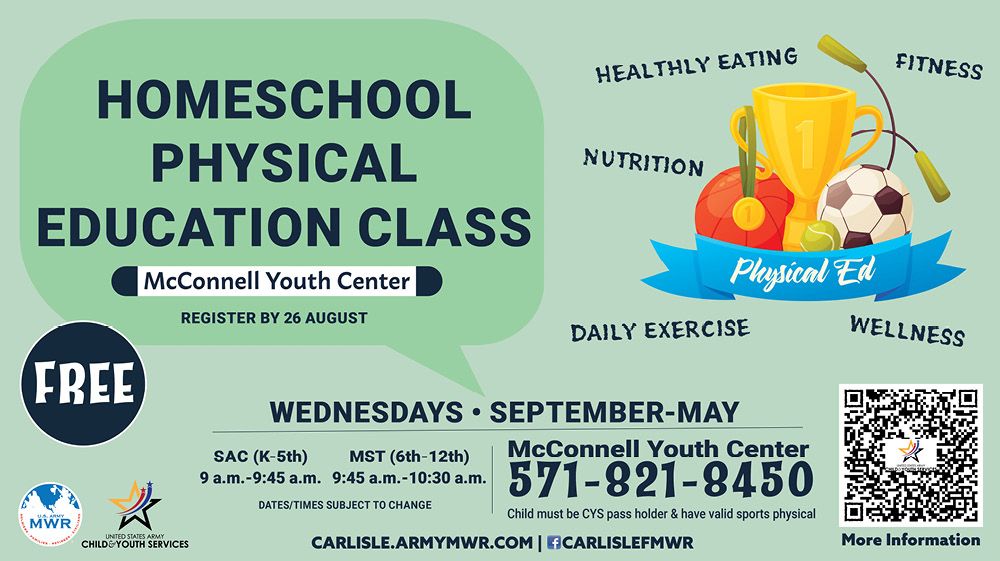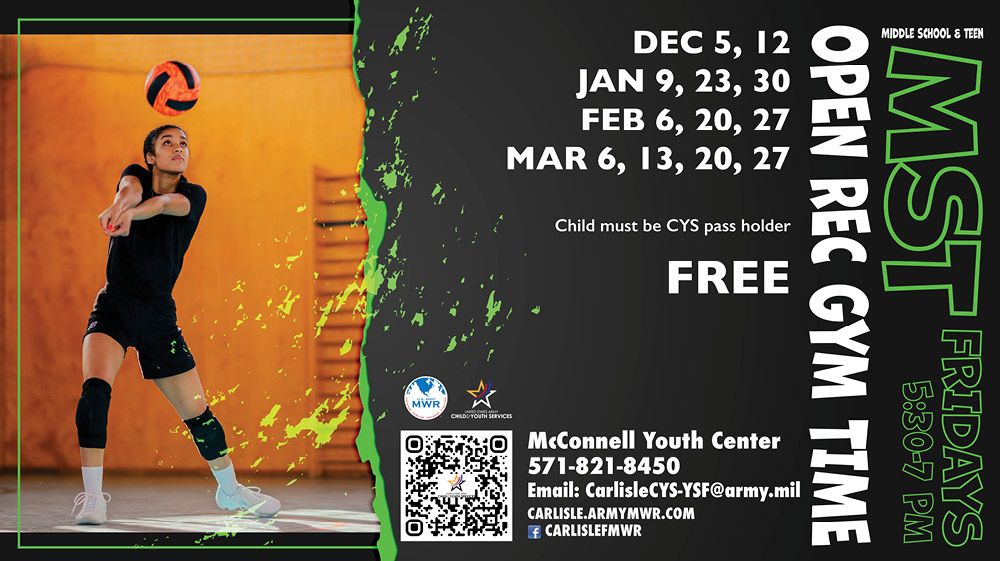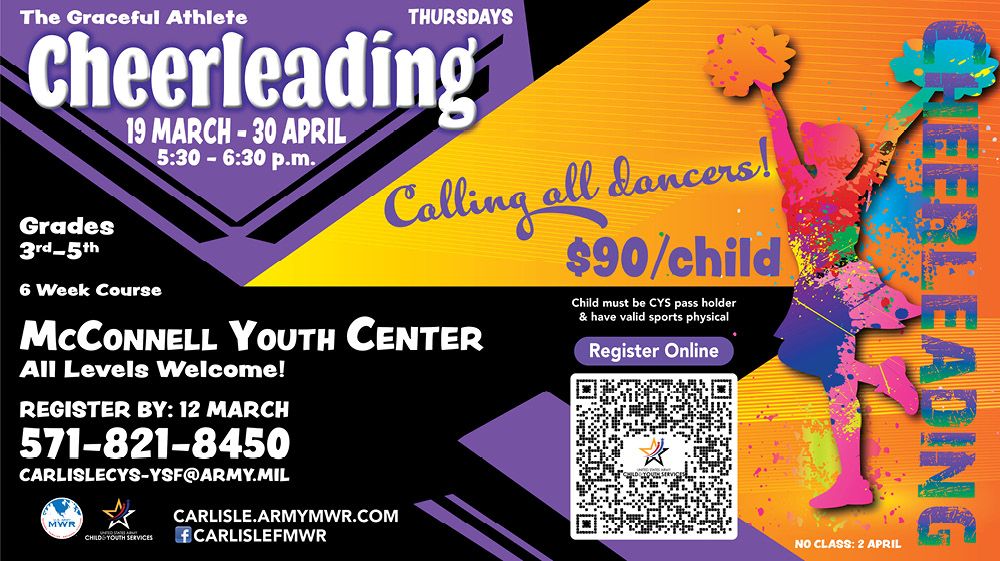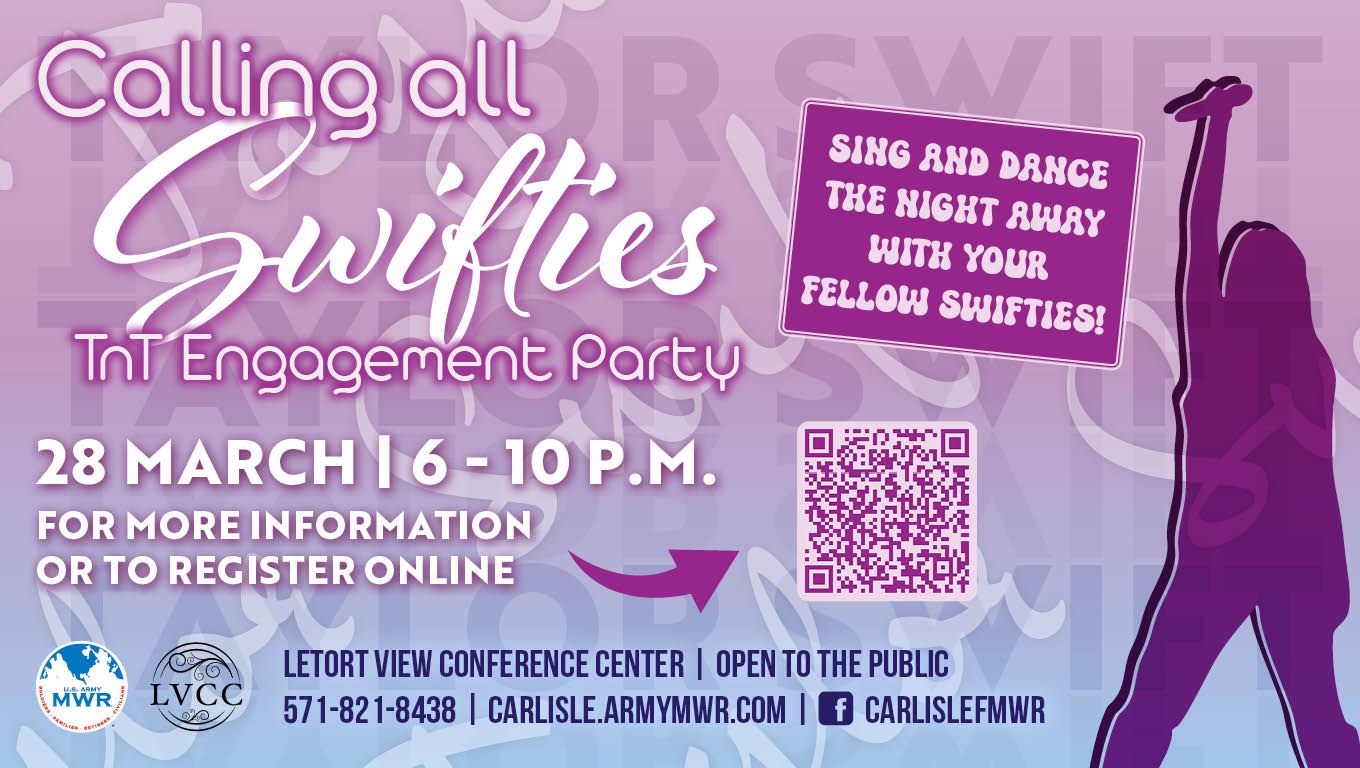-
Changes in sleeping patterns
-
Changes in eating habits
-
Withdrawal
-
Depression
-
Psychosomatic symptoms (headaches, stomach aches, or other pains that can’t be explained)
- Drop in grades
- Decreased interaction with teachers and peers
- School refusal
- Any loss of interest in activities that were previously enjoyed (sports, clubs, etc.)
- School Counselor/Teacher
- Military Family Life Counselor
- CYS Director
- Family Pediatrician
- Family Advocacy Program Manager
Suicide can affect anyone, including children and youth. Take care of the young people you know. Recognize the warning signs. Sudden loss of interest in hobbies, a focus on death and dying, or feelings of hopelessness can be warning signs of suicidal ideation. School absenteeism, a drop in grades, or giving away possessions can also be indicators. Look out for changes in appetite or sleep patterns. Bottom line: if you sense a problem, get help.
Seek assistance at your local school or medical facility. Call CYS or Family Advocacy. Military Family Life Counselors or family pediatricians can help, too. Most importantly: don’t ignore the signs.
WARNING SIGNS OF SUICIDAL IDEATION IN CHILDREN/YOUTH
Watch for Changes in Behavior
Remember - Changes may be subtle. Trust your instincts.
Preoccupation with Death
Questions about death are normal; however, if your child/youth begins to display a preoccupation with death, such as researching ways to die or talking about their own death, this could be a warning sign of suicidal ideation.
Be Aware of Changes at School
Some changes in grades and attitudes are normal, but a pattern of negative change can be a warning sign. Look for:
Feelings of Hopelessness
Take note if your child/youth displays feelings of hopelessness for the future. They may communicate this by saying that there is no one able to help.
Children/youth giving away their favorite toys or possessions or even just talking about this can be a sign of hopelessness, especially when combined with other changes.
If you have any concerns that your child/youth may be engaged in suicidal ideation, please
reach out for help.











